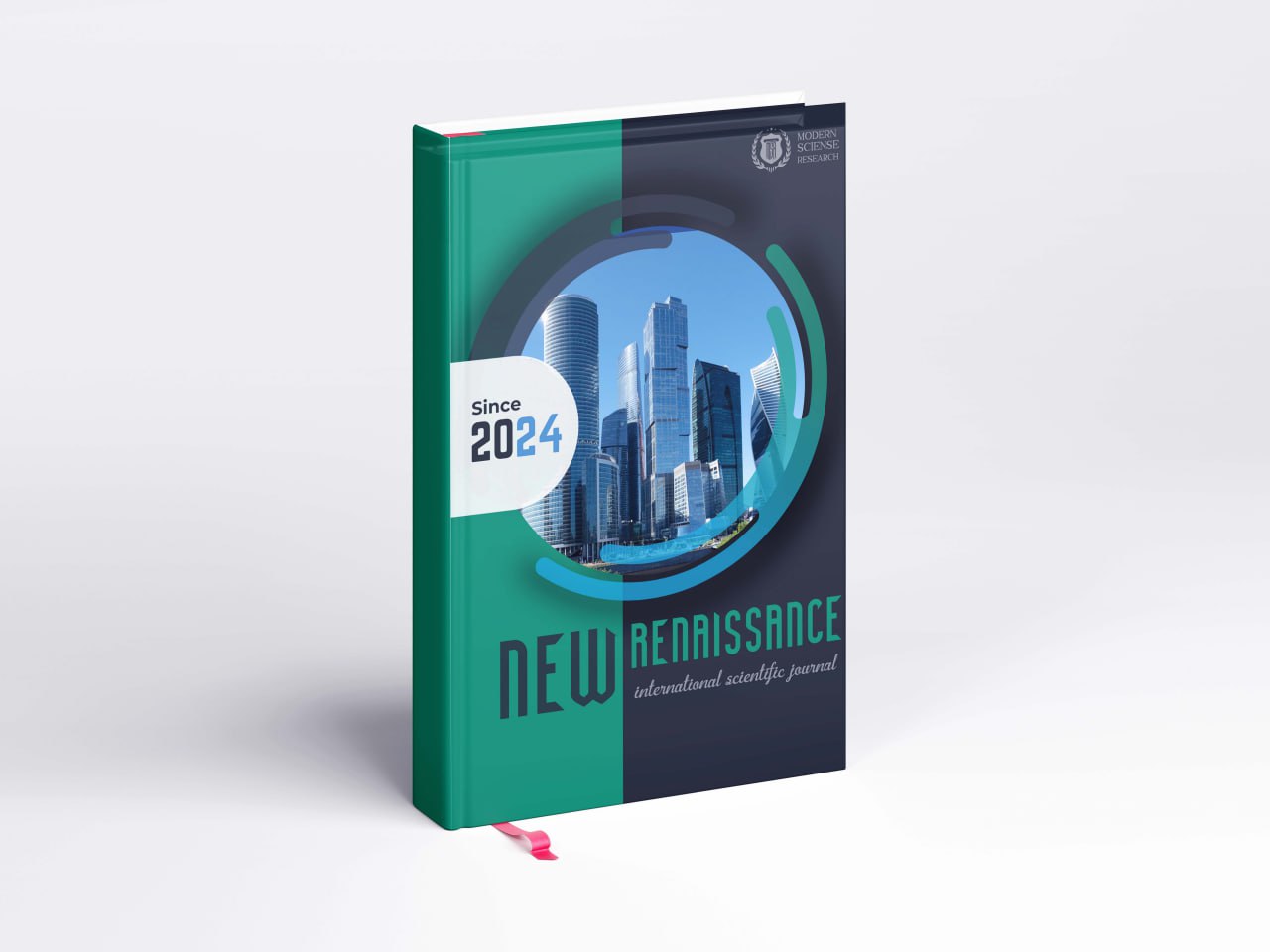Abstract
In the Afghan criminal justice system, criminal liability is determined in a simple and direct manner only when all elements of the offense are committed by a single individual. However, when multiple persons are involved in the commission of an offense, identifying the type and degree of liability for each requires precise legal analysis. The central question of this research is: How has the Afghan legislator classified and defined the different forms of participation in an offense within the Penal Code? Proceeding from the assumption that the legislator distinguishes in the Penal Code between principal offenders, co-perpetrators, accomplices, and other subsidiary forms of participation, this study examines the relevant legal provisions and seeks to clarify the scope of criminal liability for each party involved. The main objective of the research is to provide a clear understanding of the jurisprudential and legal concepts of direct commission, co-participation, and complicity in crime. The research method is descriptive–analytical, and the data has been gathered from library sources, particularly the Afghan Penal Code and scholarly opinions. The findings demonstrate that the Afghan Penal Code, in Articles 57, 58, 59, 70, and 71, explicitly addresses various forms of participation in crime and assigns appropriate criminal liability to each. This legal differentiation plays a significant role in achieving criminal justice.
References
Ardabili, Mohammad Ali. (2008). General Criminal Law, Vol. 1, Mizan, 20th ed., Tehran.
Ardabili, Mohammad Ali. (2014). General Criminal Law, Vol. 2, Mizan, 35th ed., Tehran.
Asia Foundation. (2019). Commentary on the Penal Code of Afghanistan, Vol. 1, Asia Foundation Institute, Kabul.
Bouloc, Bernard. (2008). Penology, trans. Ali Hossein Najafi Abrandabadi, Majd, Tehran.
Danish, Hafizullah. (2016). General Criminal Law, Vol. 2, Seerat Publications, Kabul.
Dehkhoda, Ali Akbar. (1994). Dehkhoda Dictionary, Tehran University Press, Tehran, n.p.
Rezaei, Mohammad Aref. (2018). General Criminal Law of Afghanistan, Saeed Publications, Kabul.
Zuhayli, Wahbah. (1989). Al-Fiqh al-Islami wa Adillatuh, Damascus: Dar al-Fikr.
Shambayati, Houshang. (2010). General Criminal Law, Vol. 1, Majd Cultural and Practical Center, Tehran.
Shambayati, Houshang. (2012). General Criminal Law, Vol. 2, Majd Cultural and Practical Center, Tehran.
Sanei, Parviz. (2003). General Criminal Law, Vol. 1, Tarh-e No, Khorramshahr.
Sanei, Parviz. (2009). General Criminal Law, Vol. 1, Tarh-e No, Khorramshahr.
Allama, Ghulam Haidar. (2014). General Criminal Law of Afghanistan, Ibn Sina University, Kabul.
Amid, Hassan. (2000). Amid Dictionary, Amir Kabir Publications, 18th ed., Tehran.
Moein, Mohammad. (2005). Persian Dictionary, Sahel Publications, 2nd ed., Tehran.
Ashworth, A. (2013). Principles of Criminal Law. Oxford University Press.
Ormerod, D., & Laird, K. (2022). Smith, Hogan, and Ormerod's Criminal Law. Oxford University Press.
Cassese, A. (2008). International Criminal Law. Oxford University Press.
B. Legal Sources
Afghan Penal Code, Official Gazette of the Ministry of Justice, No. 1260, Kabul: 2017.
